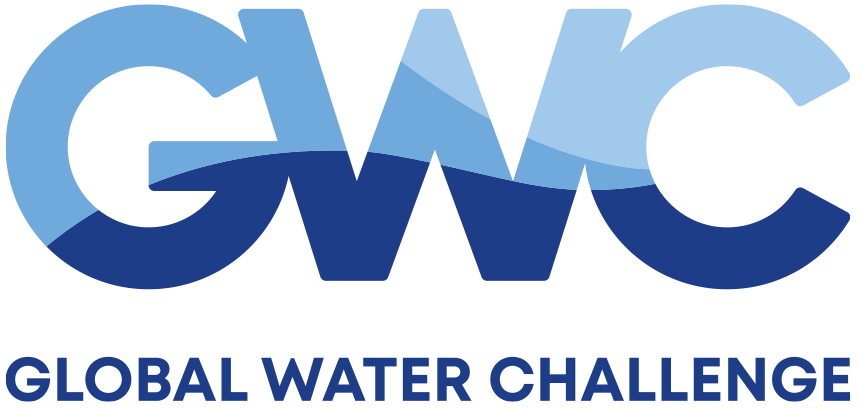Global Handwashing Day:
Promoting Clean Water Access for Healthier Environments and Improved Hygiene Practices in West African Cocoa Farming Communities

The impact of COVID-19 activated an acute awareness of the importance of handwashing, and sensitized citizens across society to the importance of following safe handwashing protocols.
The World Health Organization has emphasized that during the COVID-19 pandemic, hand hygiene received unprecedented attention and became a central pillar in national COVID prevention strategies. However, concern with hand hygiene should not only be a temporary public health measure in times of crisis, but as a vital everyday behaviour that contributes to health and economic resilience.
The altering of behaviours as a result of the pandemic, followed by the introduction of more rigorous hygiene and handwashing protocols, has left an indelible mark on approaches to health and hygiene.
Increased awareness and the emphasis on proper handwashing practices has normalized dedicated hygiene areas across institutions such as medical and educational facilities. However, the strict adherence to healthy hand hygiene behaviour in the prevention of infection and disease is based on the assumption that individuals have ready access to basic requirements – such as clean running water, soap, and have been educated on the importance of key handwashing times.
In many regions across the world, these conditions do not exist. Under-resourced communities are severely challenged by the lack of access to clean water, healthy environments, and the daily struggle to maintain the basic health and sanitation standards required to live disease free.
UNICEF highlighted in the wake of the COVID pandemic that only 3 out of 5 people worldwide have basic handwashing facilities and 40 per cent of the world’s population, or 3 billion people, do not have a handwashing facility with water and soap at home.
It is with this acute awareness that on this Global Handwashing Day, we recognize that organizations must galvanize for community access to proper sanitation and handwashing facilities. It is equally important to develop platforms to educate further on water, sanitation and hygiene’s (WASH) critical role in the prevention of illness and diseases spreading in communities, particularly amongst the most vulnerable and children.
Good hand hygiene and handwashing habits are instrumental in the prevention of infection and transmission of disease, with access to proper sanitation facilities playing an essential role in enabling the practice of proper hand hygiene behaviours. Training on good handwashing behaviour not only prevents diseases, but also promotes healthier livelihoods and learning environments.
In Cameroon, Côte d’Ivoire, and Ghana, Global Water Challenge has partnered with Cargill to roll-out programs that form part of a longer term commitment to improve access to safe and clean water in communities and watersheds where Cargill employees live and work. Our joint initiative, Cargill Currents, will benefit at least 150,000 people in Cargill’s priority watersheds by the end of 2024. Working with country specific implementing partners, the program provides access to clean water, proper sanitation facilities and handwashing education and supplies. This first phase of West African projects in Cameroon, Côte d’Ivoire and Ghana will impact over 70,000 people through improved WASH access and empower 20,000 women while promoting sustainable agriculture and climate resilience.
Cocoa farming communities contend with an array of different water challenges requiring very specific responses. Our partnership is focused on alleviating the impacts on these water-challenged communities by tailoring our response to specific community needs. WASH facilities are established based on community needs assessments, with the aim of having facilities owned and operated by the community over the long term. This approach is underpinned by the Cargill Cocoa Promise and the goal to uplift high-need communities, with emphasis on women in the project regions. These efforts are geared towards ensuring that sustainable investments are made in the progress, well-being, economic resilience, and overall improved living standards of these cocoa farming communities.
In the daily lives of the cocoa farming communities where we work, these interventions can be transformative. In Cameroon and Côte d’Ivoire, women and their communities are benefitting from new clean water access facilities installed and the establishment of WASH committees training them on health, hygiene, and the prevention of cross contamination in their water supply.
For young schoolgirls in Ghana, the construction of new ablution and handwashing facilities, with a girl’s changing room, is improving the quality of their everyday lives. Healthier school conditions assist in decreasing the levels of absenteeism due to disease, the avoidance of poor sanitary conditions, and inadequate environments for menstrual hygiene management. Additionally, vulnerable households in the community are being supported with materials for the construction of household latrines.
In some cocoa communities, women make up more than half of the agricultural workforce. For these women access to clean water and proper WASH facilities is fundamental to their endeavours as farmers, business owners and fulfilling their role as primary caretakers of their family’s well-being.
Agyarko, a female cocoa farmer from Ghana and community beneficiary of the project said, “we are very grateful as a community to the project for this support, and the thoughtfulness to support us to get safe water.
